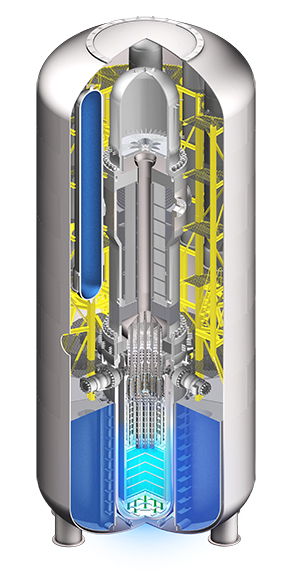 I can still remember the early days of the internet, reading Junkscience.com and Numberwatch on all the bad things scientists got up to then. They still do.
I can still remember the early days of the internet, reading Junkscience.com and Numberwatch on all the bad things scientists got up to then. They still do.
I was therefore thrilled to see that a familiar name from those days is still fighting the good fight, although I haven't come across him for years, as my interests have been elsewhere. Wade Allison has been trying to point out the preposterous stringency of our nuclear regulations and the scientific idiocy of the linear no threshold model for radiation exposure for decades. He was recently the subject of an article in the Wall Street Journal:
Wade Allison, emeritus professor of physics at Oxford, has a more realistic idea for fighting global warming than any being promoted at this week’s climate summit in Paris: Increase by 1,000-fold the allowable limits for radiation exposure to the public and workers from nuclear power plants.
Given what we know about the aftermaths of Chernobyl and Fukushima, it now seems impossible to argue that the LNT hypothesis holds. And given the sudden interest in technological fixes to climate change it may be that we have an opportunity to think again about just how much red tape and second-guessing is necessary.
But don't hold your breath. Removing regulations is not something politicians do very often, and certainly there is good evidence that nuclear regulators are getting worse. Armed with the LNT model they seem set to kill off any possibility of innovation on the nuclear front, which is a pity as new nuclear technologies are now said to be the best chance of saving us from the revenge of Gaia.
For example, in recent years interest has grown in the idea of small module nuclear reactors (SMRs), which could be "mass-produced" on a production line. However, a recent conference heard that even at this early stage regulators are causing problems that may prove insurmountable (h/t Philip Bratby):
A key area for the [design assessment] of SMR designs will be the passive cooling concepts which have been built into the plants, as they often do not have active systems to backup this passive safety system.
UK regulations require two nuclear-grade means of performing each safety function...
"The UK requirements tend to drive them into installing extra nuclear grade systems to back up the main line of protection...this I think is going to be a significant challenge for the SMR concepts that we have seen," he said.
I think the smart money will be laid on a regulatory triumph. Meanwhile, Greenpeace are already trying to prevent any progress on the nuclear fusion front. Expect BBC coverage soon.